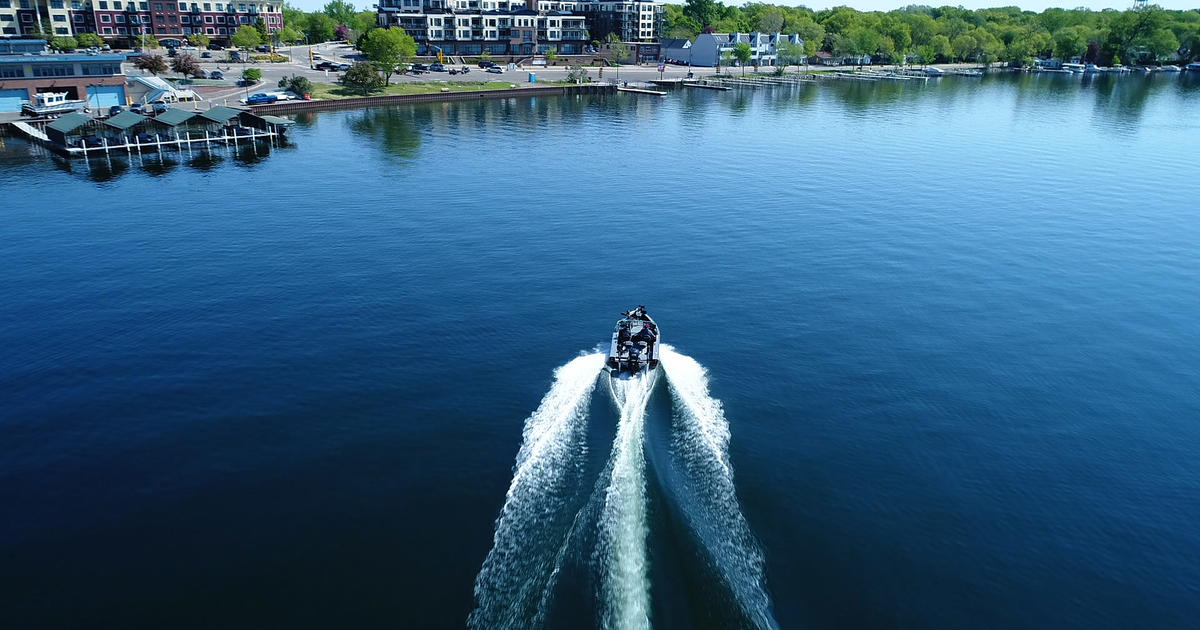Chippewa Tribes To Challenge Rights To Off-Reservation Ricing
MINNEAPOLIS (WCCO) -- Wild rice is, without question, the most culturally-important food to Minnesota's Native American people.
Wild rice that is growing on pristine northern lakes is now in season. It is an annual activity that can be harvested by anyone, assuming they purchase the $15-per-day or $25-per-season license.
"Ricing in Minnesota is a licensed activity and it's regulated not only through a license, but there's also other harvest regulations that need to be followed," the Minnesota Department of Natural Resources' Lt. Col. Rodmen Smith said.
But a number of Chippewa tribal members will gather wild rice without a state license on Aug. 27.
"The reason we're doing this is because if we don't exercise our rights, we won't have them understood and recognized by the state of Minnesota," attorney Frank Bibeau said.
Bibeau is a Chippewa tribal attorney who is well versed on treaty law. He says that because Hole in the Day Lake is within the territory that tribes ceded to the U.S. government under an 1855 treaty, members believe the right to gather rice is protected under that treaty.
They also point out that federal courts have since upheld hunting, fishing and gathering rights off the reservations and place them outside of state control.
"What the Supreme Court said was there was nothing in the '55 (treaty) that took away those rights and we would never have given up those rights," Bibeau said.
But DNR Commissioner Tom Landwehr fired off a very direct letter to leaders of the 1855 Treaty Authority this week. It points out that unlike the 1837 treaty that granted off-reservation gathering rights to tribal members within that ceded territory, the 1855 treaty does not allow those same gathering rights.
Landwehr warns that anyone who harvests wild rice without a state license will be violating Minnesota law.
"Those actions can include verbal warning, written warning, criminal citation, and in this case it could end up in the seizure of rice that they've harvested or ricing equipment," Smith said.
Bibeau says there is another reason that is driving the planned ricing protest. He hopes it will draw attention to the proposed Sandpiper underground oil pipeline that is being cited through Minnesota's central lakes country.
Tribal members fear the potential for environmental damage should the pipeline leak onto sensitive ricing habitat.
Native Americans want to draw the attention of federal regulators to step in before the pipeline acquires construction permits.



